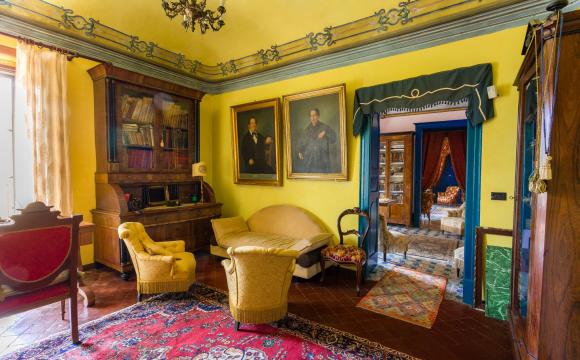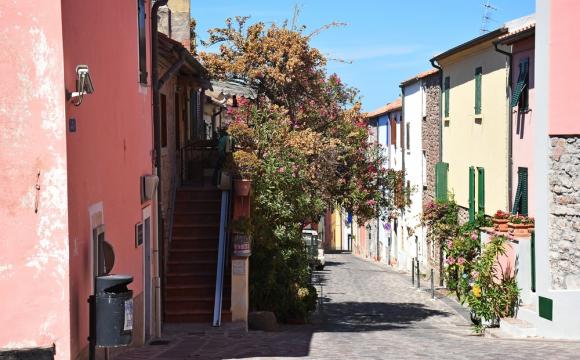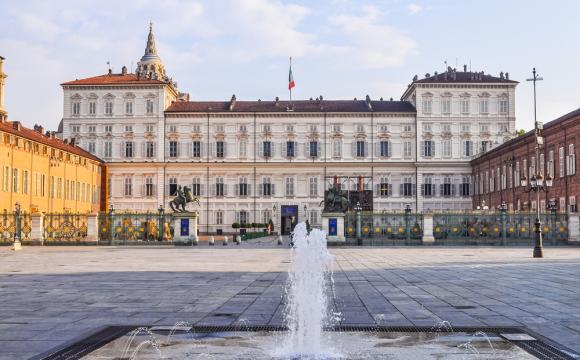
The Italian Sassari regiment serving in Iraq was replaced on Wednesday by a smaller brigade, paving the way for the return of 1,000 troops from the conflict-torn country.
The Sassari troops will return to Italy by June 28, leaving the number of Italian soldiers in Iraq at 1,600. The new centre-left Italian government plans to withdraw the remaining troops, members of the Garbialdi regiment, by the autumn.
Italy's original peacekeeping mission, sent to Iraq at the end of the US-led invasion in June 2003 and based in the southern Iraqi city of Nassiriya, consisted of 3,200 troops. This was reduced to 2,900 in September 2005 while a further 300 troops were pulled out last January.
The government is considering US calls to send a civilian mission when it leaves but is resisting a request that it also send troops to protect the civilians. Premier Romano Prodi, who narrowly beat previous premier Silvio Berlusconi in the April general election, recently condemned the Iraq war as a "grave error" which had created "new pretexts for terrorist actions".
While affirming his commitment to close ties with Washington, the former European Commission chief has made it clear that Europe will now be the anchor of Italian foreign policy. His stance reverses the position taken by Berlusconi, who was a staunch ally of US President George W. Bush and made Italo-American relations a priority.
While Berlusconi supported Bush's decision to invade Iraq three years ago and afterwards sent troops, Prodi and the centre left opposed Italian involvement from the start. Prodi has also stressed his determination to overcome divisions which Berlusconi's pro-American line created between Italy on the one side and France and Germany on the other.
In an open letter published on Wednesday by the Wall Street Journal, Foreign Minister Massimo D'Alema echoed Prodi's line.
"The new government in Rome is committed to building a stronger Euro-Atlantic community... The community I have in mind remains grounded in NATO but must also rely on a strong and united Europe," said D'Alema, who will meet with US Secretary of State Condoleezza Rice in Washington on Friday. "The Italian centre left opposed military intervention in Iraq in March 2003. This does not mean however that the new Prodi government will turn Italy into a less useful partner for Washington. The opposite may well prove true," D'Alema continued.
"The lessons learned since 2003 are very clear: for the European Union, a sound trans-Atlantic relationship is a condition to remain united; for the US, a united Europe proves more helpful than individual allies," the former premier said.
Addressing Italy's military pull-out from Iraq, D'Alema said that "the Prodi government will manage it in an orderly way, in consultation with the Iraqi government and the coalition partners. "We will guarantee that the modalities of the withdrawal
do not exacerbate the problems facing the Iraqi government nor the security of the Multinational Force partners".
D'Alema, who visited Baghdad last week, also repeated that Italy would not be turning its back on Iraq and would boost its role in the country's gradual reconstruction and democratic development. "We will withdraw our troops but not our support for the new democratically elected Iraqi government... We share a common interest in the future stability of a democratic and united Iraq. We will continue to contribute to it, although with different means," he said.
Italy has promised to work to ensure that international organisations do more, saying that the United Nations, NATO and the EU have to play a bigger role in setting Iraq back on its feet.












